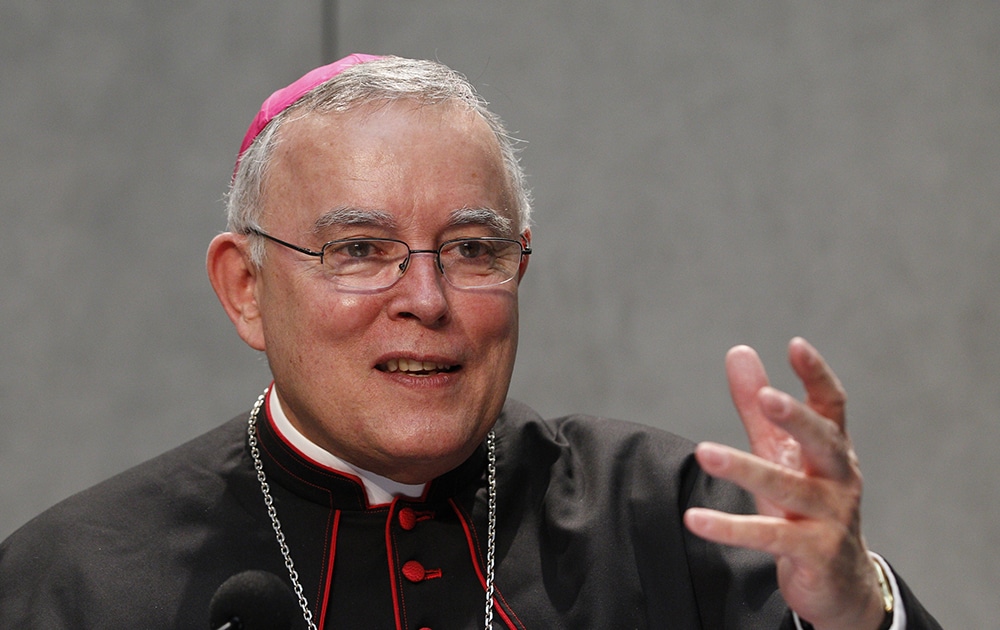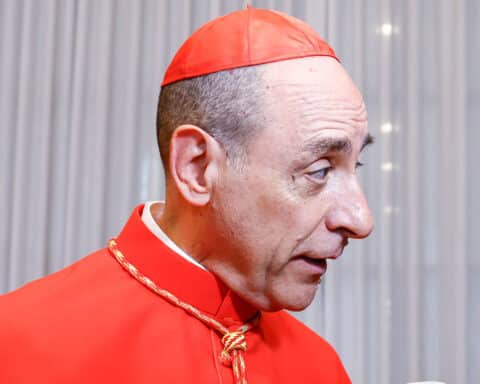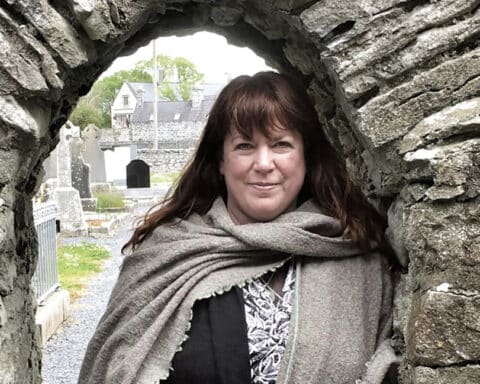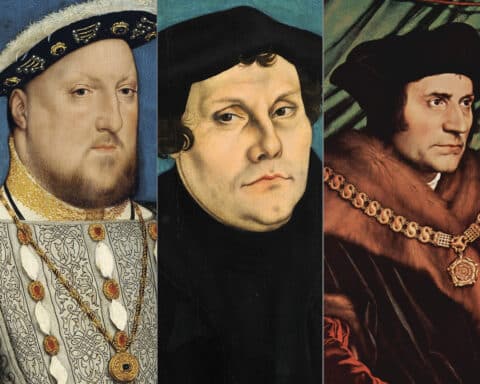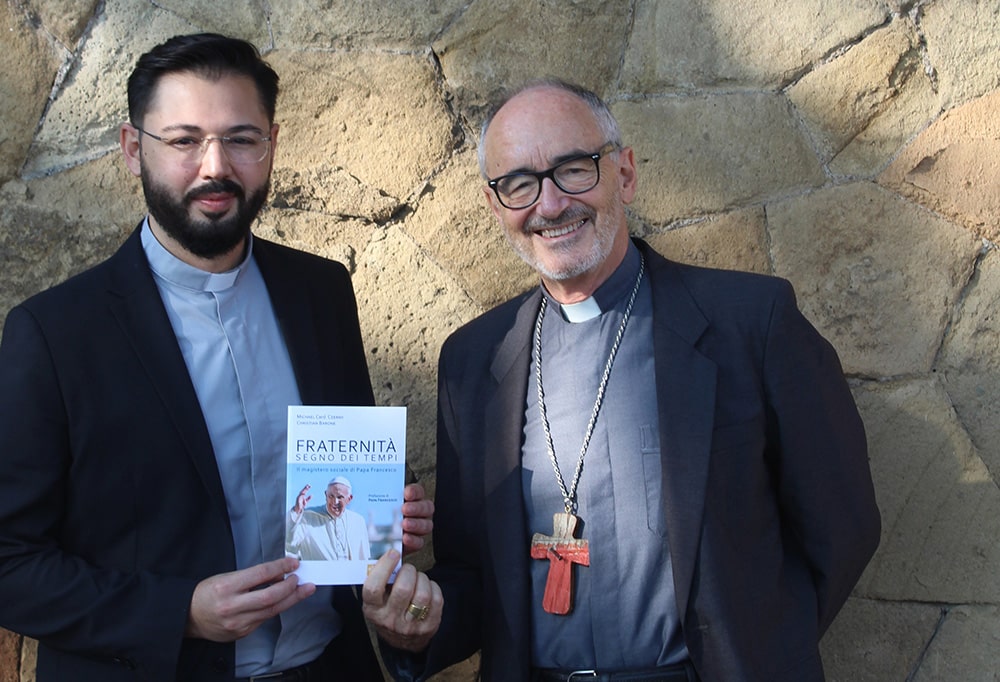In the introduction to his powerful new book, “Things Worth Dying For” (Henry Holt, $25.99), Archbishop Charles J. Chaput states its challenge bluntly: Are we — today’s Christians — prepared to be martyrs for our faith and to live accordingly? Then, mingling encouragement and provocation, he adds, “Fear of martyrdom is the start of an honest appraisal of our own spiritual mediocrity.”

The writer, one of the nation’s best known Catholic prelates, was archbishop of Philadelphia from 2011 until stepping down last year upon turning 75. Before that, he had served as archbishop of Denver and bishop of Rapid City, South Dakota. His previous books include the widely praised “Render Unto Caesar” (2009) and “Strangers in a Strange Land” (2017).
“Things Worth Dying For” impresses in several ways, not least by its exceptionally broad range of sources and citations that range from the medieval “Song of Roland” to the 1942 Humphrey Bogart-Ingrid Bergman screen classic “Casablanca,” and authors as diverse as Roman orator and philosopher-statesman Cicero and Welsh poet Dylan Thomas. All the same, this is no mere anthology but a volume with a consistent point of view and a critically important unifying theme.
Archbishop Chaput puts it like this: “It’s a good thing, a vital thing, to ask what we’re willing to die for. What do we love more than life? To even pose that question is an act of rebellion against a loveless age. And to answer it with conviction is to become a revolutionary; the kind of loving revolutionary who — with God’s help — will someday redeem a late-modern West that can no longer imagine anything worth dying for, and thus, in the long run, anything worth living for.”
Archbishop Chaput develops his argument through chapters contrasting today’s modern nihilism with the perennial wisdom of the Tradition. Among the matters thus treated are death and resurrection, modern versions of idolatry and God, individualism and love of country, genetic tinkering and human dignity, assaults on the family (“hostility to the idea of the family … is a unique mark of the modern era”), and the familiar “last things,” including a discussion of why it’s healthy to reflect on the reality of both heaven and hell.
Of particular interest, given the author’s ecclesiastical career, is what he has to say about the Church. Since the early days of his ministry as a Franciscan Capuchin priest in the 1960s and ’70s, he says, the situation of the Church in the United States has grown measurably worse — a trajectory of decline that he attributes to “the overthrow of basic Christian culture regarding life and sexual issues” as well as “the growing illusion of autonomy” arising from affluence.
He also takes a jaundiced view of two world synods of bishops — in 2015 on the family and in 2018 on young people, at which he served as an elected U.S. delegate, complaining that both were “manipulated.” And while declaring his respect for and loyalty to the pope, he likens the Vatican to “a Renaissance court” — an all too credible judgment considering the string of scandals, financial and other, tumbling out of Rome for years.
His assessment of America is similarly mixed. While calling it “a great and, in its best ideals, a good nation,” he then adds this: “It’s also a nation of chronic racial injustice, deep sexual dysfunctions, self-flattering elites, great disparities in wealth, and the intentional destruction of more than 50 million unborn children. … These things carry a heavy social mortgage, a balloon payment that must and will come due.”
Arguing that the spirit of martyrdom — willingness to stand up for what is true and good no matter the cost to oneself — will be the saving of Church and nation alike, the archbishop proposes as models St. Thomas More, one time lord chancellor of England, and St. John Fisher, Bishop of Rochester, England. The two were executed by order of Henry VIII within days of each other in the summer of 1535 for refusing to recognize Henry as supreme head of the Church in England.
“Both loved the Church despite her many scars from sin. Both were willing to suffer for their faith despite the cost,” he writes.
Moving as this is, the reader is left with a question: Is martyrdom or its equivalent the only way? Mightn’t a different vision see the evangelization of culture — the great project of Pope St. John Paul II — as an alternative? Or is readiness to die for the cause necessary for evangelization to succeed?
Plainly, no more than it was for More and Fisher, will the way of fidelity be easy for committed Christians. For as Archbishop Chaput writes, “There can be no concordat between the Christian understanding of human identity, dignity and sexuality and the contempt directed at our beliefs by so much of our emerging culture. The world and its hatreds won’t allow it.”
“Things Worth Dying For” shines a bright light on the dark and difficult road ahead.
Russell Shaw is a contributing editor for Our Sunday Visitor.

